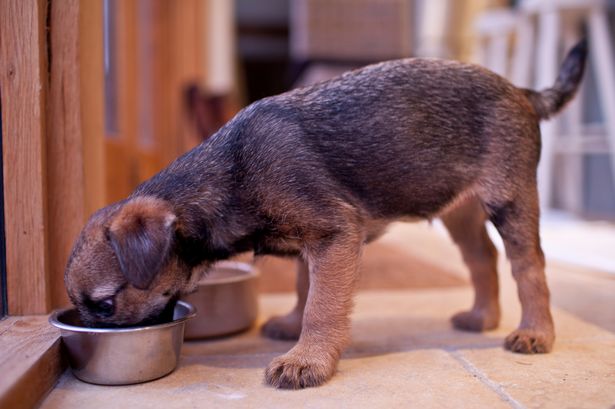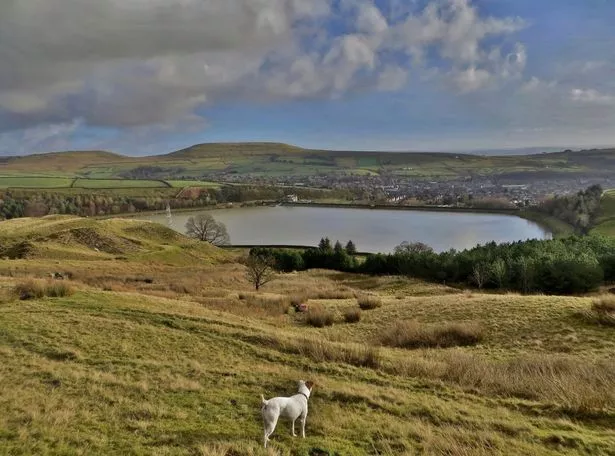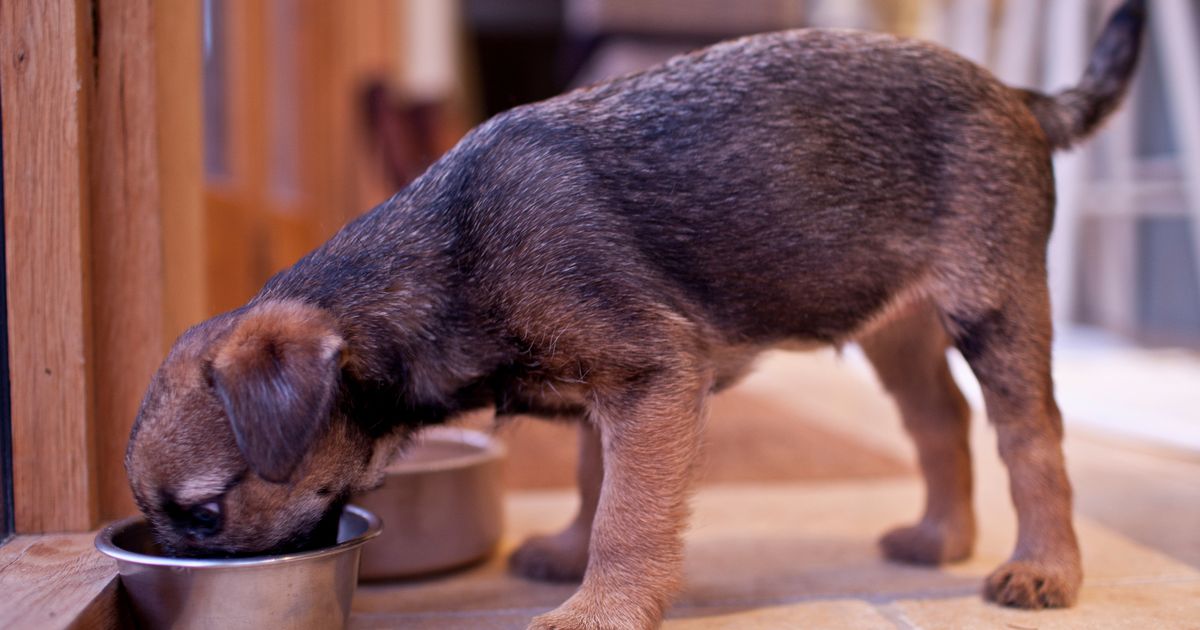The vet issued the warning after a two-month-old puppy suffered an infection
16:44, 12 Aug 2025Updated 16:45, 12 Aug 2025
 A Border Terrier puppy [stock photo]. (Image: Tim Graham/Getty Images)
A Border Terrier puppy [stock photo]. (Image: Tim Graham/Getty Images)
A Wigan vet has taken to social media to issue a new warning to certain pet owners who may be considering taking their dogs to farms, reservoirs and canals this summer.
Gilmore Veterinary Surgery, which is based in Standish, took to their Facebook page yesterday (August 11) to share that they had had a confirmed case of a two-month-old puppy with leptospirosis, a blood infection which can affect dogs and rats.
The infection is zoonotic, meaning that it can be passed from animals to humans – although it is rare in the UK, according to the NHS.
Guidance on the health service website reads: “Leptospirosis is spread in the pee of infected animals, most commonly rats, mice, cows, pigs and dogs.
“You can get leptospirosis if soil or freshwater (such as water from a river, canal or lake) that contains infected pee gets in your mouth, eyes or a cut. It’s very rare to get leptospirosis from pets, other people or bites.”
In the post, the vet surgery wrote: “This is a bacterial disease that causes severe damage to the kidneys and/or liver. It’s a zoonotic disease, meaning it can be transmitted from animals to humans.
“Dogs can get leptospirosis through contact with the urine of infected animals such as rats or through contaminated water, soil, or food. The organ damage is usually irreversible and the disease is unfortunately often fatal.”
They urged pet owners to make sure their dogs were vaccinated, writing: “You can protect your pet by ensuring all vaccines are up to date as this is a very effective way of preventing disease.”
They also urged caution for new pet owners taking young puppies out into nature. Vets4Pets advises people to wait at least two weeks after the final round of vaccinations before letting a puppy outside.
Join the Manchester Evening News WhatsApp group HERE
“Please be very careful taking unvaccinated dogs/puppies around high risk areas (e.g. reservoirs, canals, farms, chickens, etc),” the vet surgery wrote.
 Reservoirs are often common and popular dog walking spots (Image: Rochdale Observer)
Reservoirs are often common and popular dog walking spots (Image: Rochdale Observer)
One commenter speculated that the dog had come from abroad as the disease is so rare in the UK – but Gilmore quickly countered this.
“The puppy wasn’t from abroad, she was born locally,” they wrote. “Unfortunately we think potentially infected rats have been around the owner’s garden as he does also have chickens which could attract them.
“The puppy was so young she hadn’t had all her vaccinations. Most studies estimate around 50% of wild rats in the UK are infected with leptospirosis.
“Thankfully leptospirosis is now rare in dogs in the UK but it’s definitely still around. We don’t see as many cases as there used to be because we vaccinate against it.”

